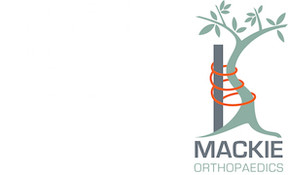|
|

|
« Back
Difficulties in Studying Rotator Cuff Tears
|
Posted on: 11/30/1999
|
Rotator cuff tears are common shoulder injuries. But they are difficult for researchers to study and can be hard to diagnose. Doctors use many different tools, including MRIs and arthroscopy, to view them. And rotator cuff tears can cause a wide range of symptoms among different patients.
These authors did this study to test just how unpredictable rotator cuff tears can be when doing research. They compared the patients of 10 different surgeons. The patients answered questions about other medical problems, whether they got disability or Workers' Compensation benefits, general health, and shoulder function.
What the authors found is that all 10 surgeons had patients that looked very different on paper. The surgeons had different percentages of men and women, a wide variation in the cause of the tear, different ways of diagnosing the tear, and patients who had tried different treatments before surgery for a wide range of time.
The authors caution that all these varying factors mean that researchers need to be careful when doing research on rotator cuff tears. Using data from just one doctor might not give an accurate picture of all patients with rotator cuff tears. And when studying patients from many clinics, researchers need to control for all the variables.
|
References:
Douglas T. Harryman II, MD, et al. A Prospective Multipractice Investigation of Patients with Full-Thickness Rotator Cuff Tears: The Importance of Comorbidities, Practice, and Other Covariables on Self-Assessed Shoulder Function and Health Status. In The Journal of Bone and Joint Surgery. April 2003. Vol. 85-A. No. 4. Pp. 690-696.
|
|
|
« Back
|
|
|
|
*Disclaimer:*The information contained herein is compiled from a variety of sources. It may not be complete or timely. It does not cover all diseases, physical conditions, ailments or treatments. The information should NOT be used in place of visit with your healthcare provider, nor should you disregard the advice of your health care provider because of any information you read in this topic. |
 | All content provided by eORTHOPOD® is a registered trademark of Mosaic Medical Group, L.L.C.. Content is the sole property of Mosaic Medical Group, LLC and used herein by permission. |
|
